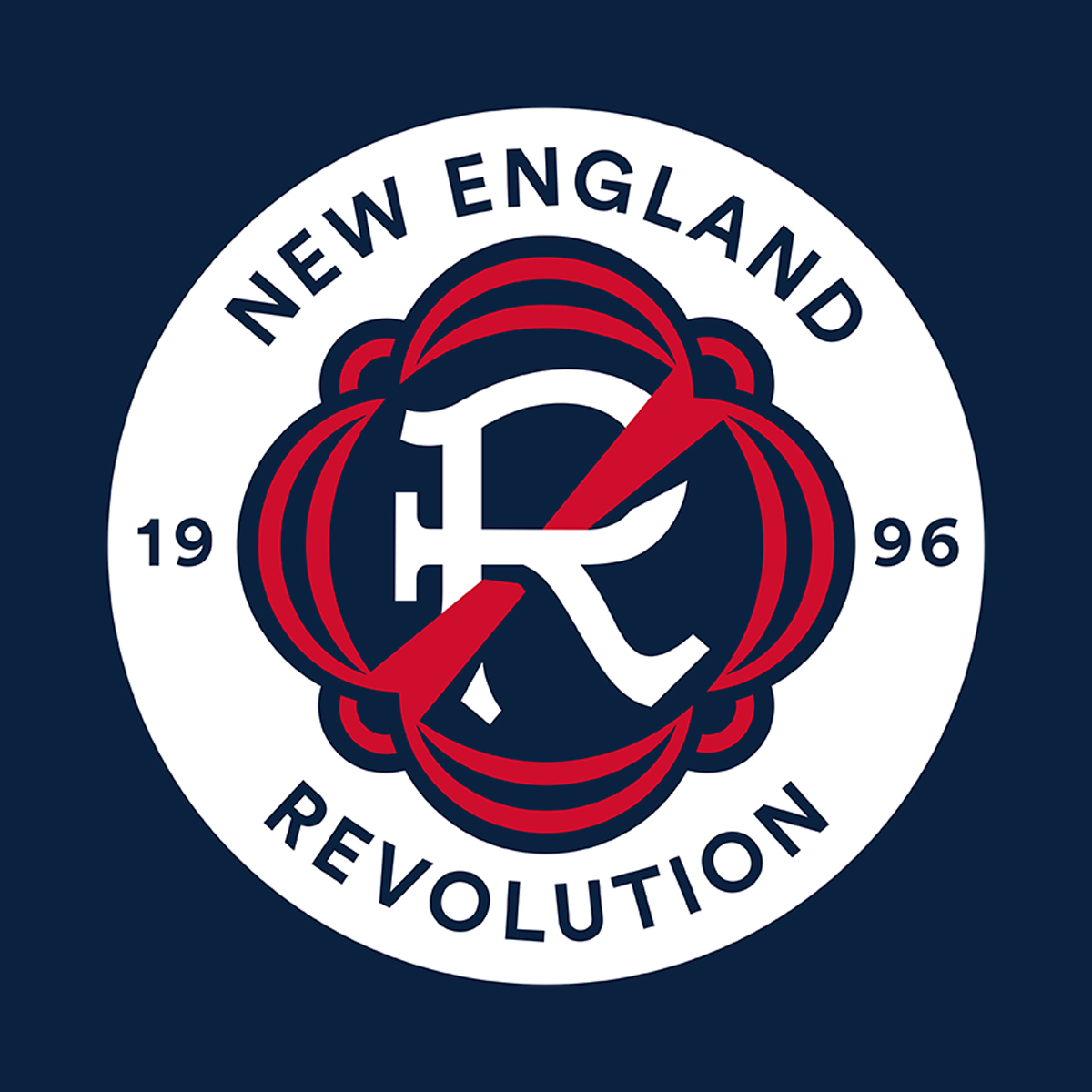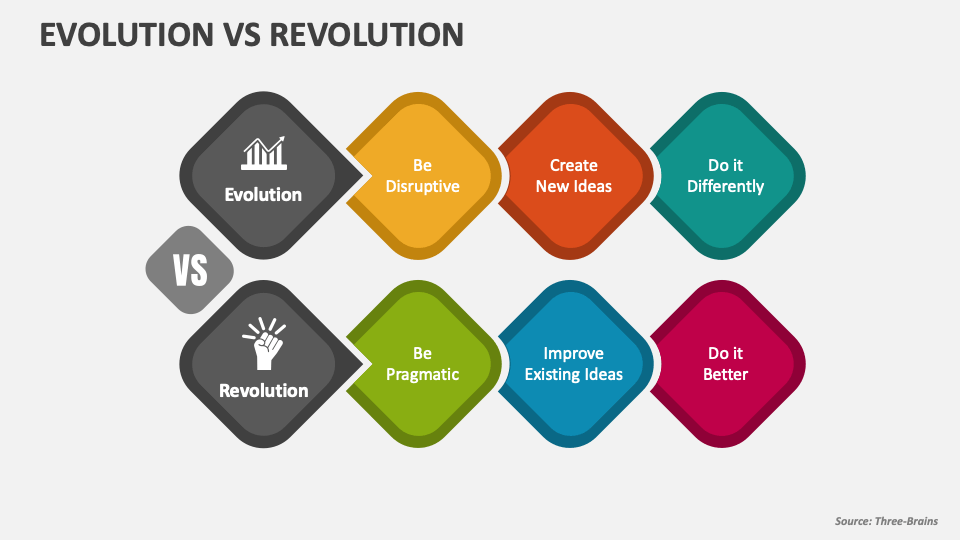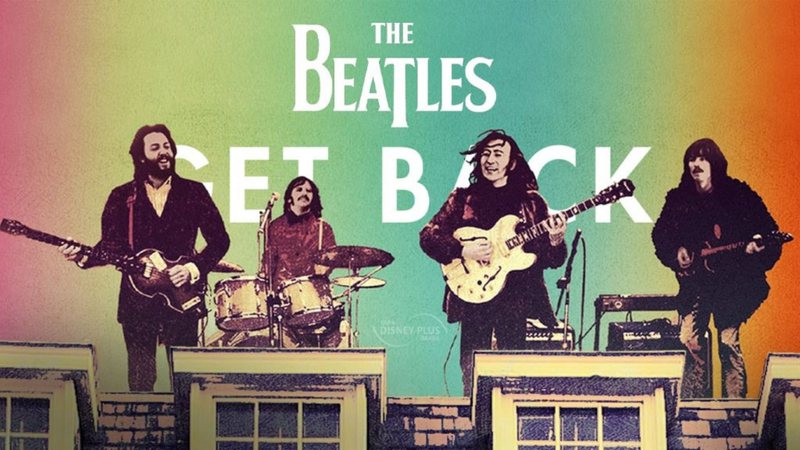Collective violence - Coups, Rebellions, Revolutions

By A Mystery Man Writer
Collective violence - Coups, Rebellions, Revolutions: Some violent collective behaviour is designed to change or overthrow governments. A coup d’état is the forcible removal of a head of government by the society’s own armed forces or internal security personnel. In a coup, the military takes action to overthrow the government with little or no involvement by the civilian population. Antagonistic relations between ethnic groups and rivalries within the military and civilian government are typical causes of coups. A rebellion involves large-scale violence directed against the state by its own civilian population. Rebellions try to change the government or some of its policies but not the society
Collective violence, violent behavior engaged in by large numbers of people responding to a common stimulus. At one extreme are riots or other spontaneous reactions to situations perceived as uncertain or threatening. At the other extreme are organized forms of collective violence, such as coups, rebellions, or war.

Collective violence, Definition, Theory, & Examples

What Is The Value Of The Life Of Sunil Jayawardene? - Colombo

Guillotined In The French Revolution: The Story Through 7 Severed

Collective violence - Coups, Rebellions, Revolutions

Cuban Revolution - 1959, Timeline & Summary

What's happening in Haiti?, In Pictures

French Peasants of 1848: The First “Deplorables” – Broadstreet
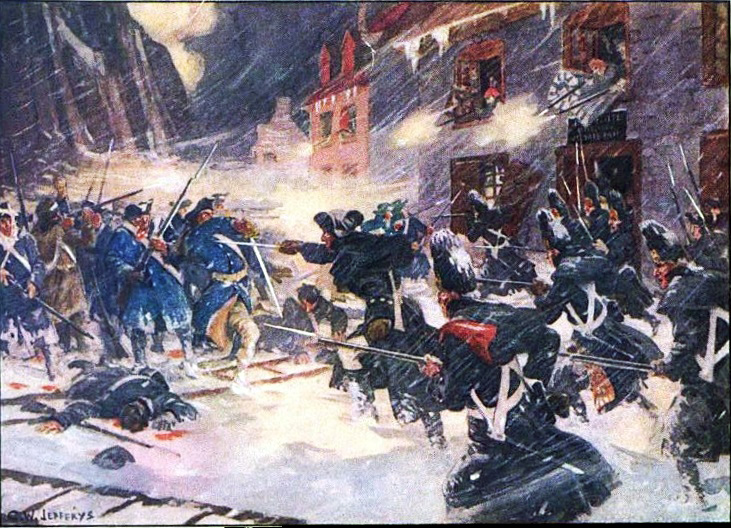
8 Colonial Rebellion
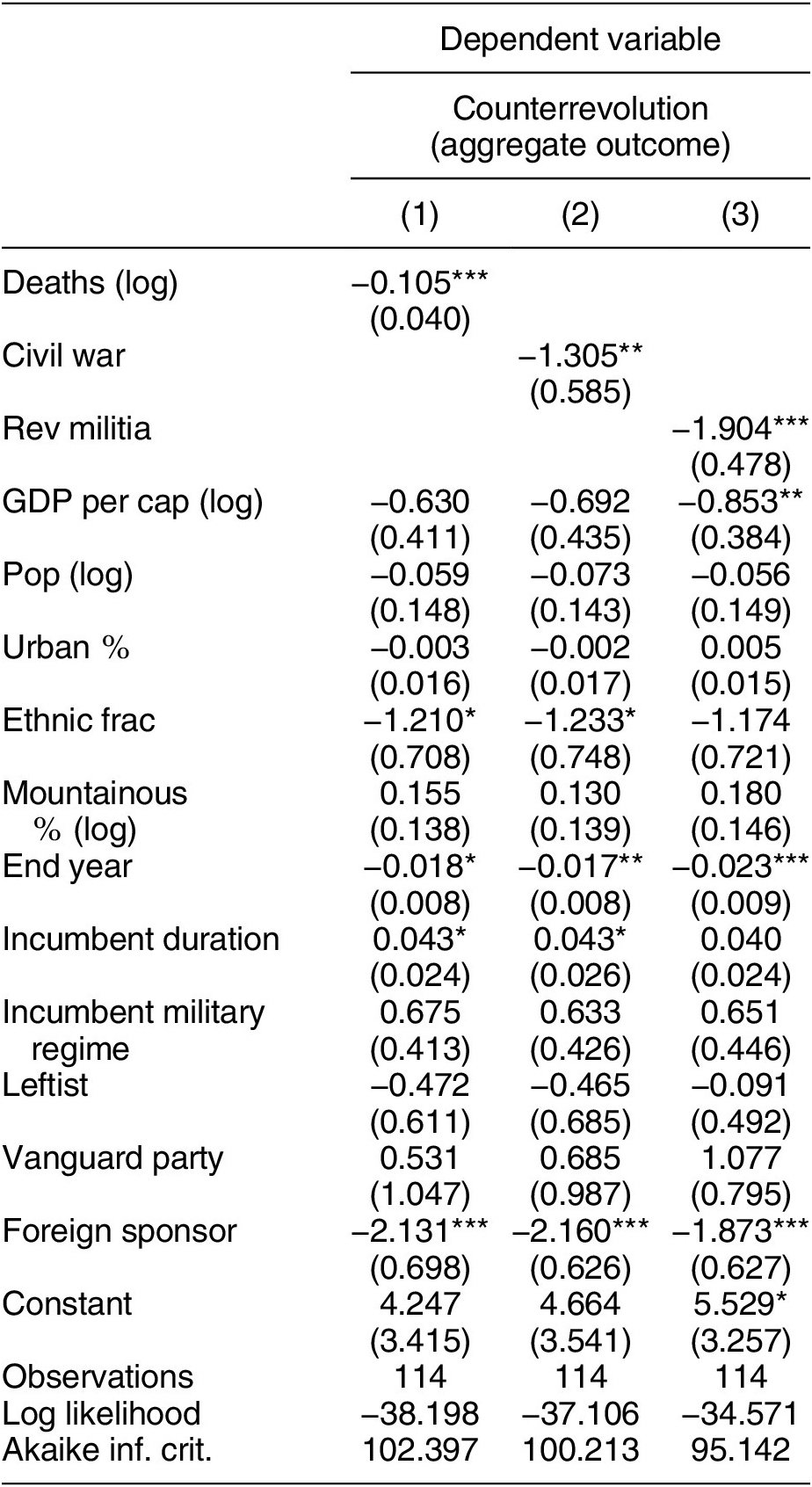
Revolutionary Violence and Counterrevolution

Whiskey Rebellion: Definition, Causes & Flag
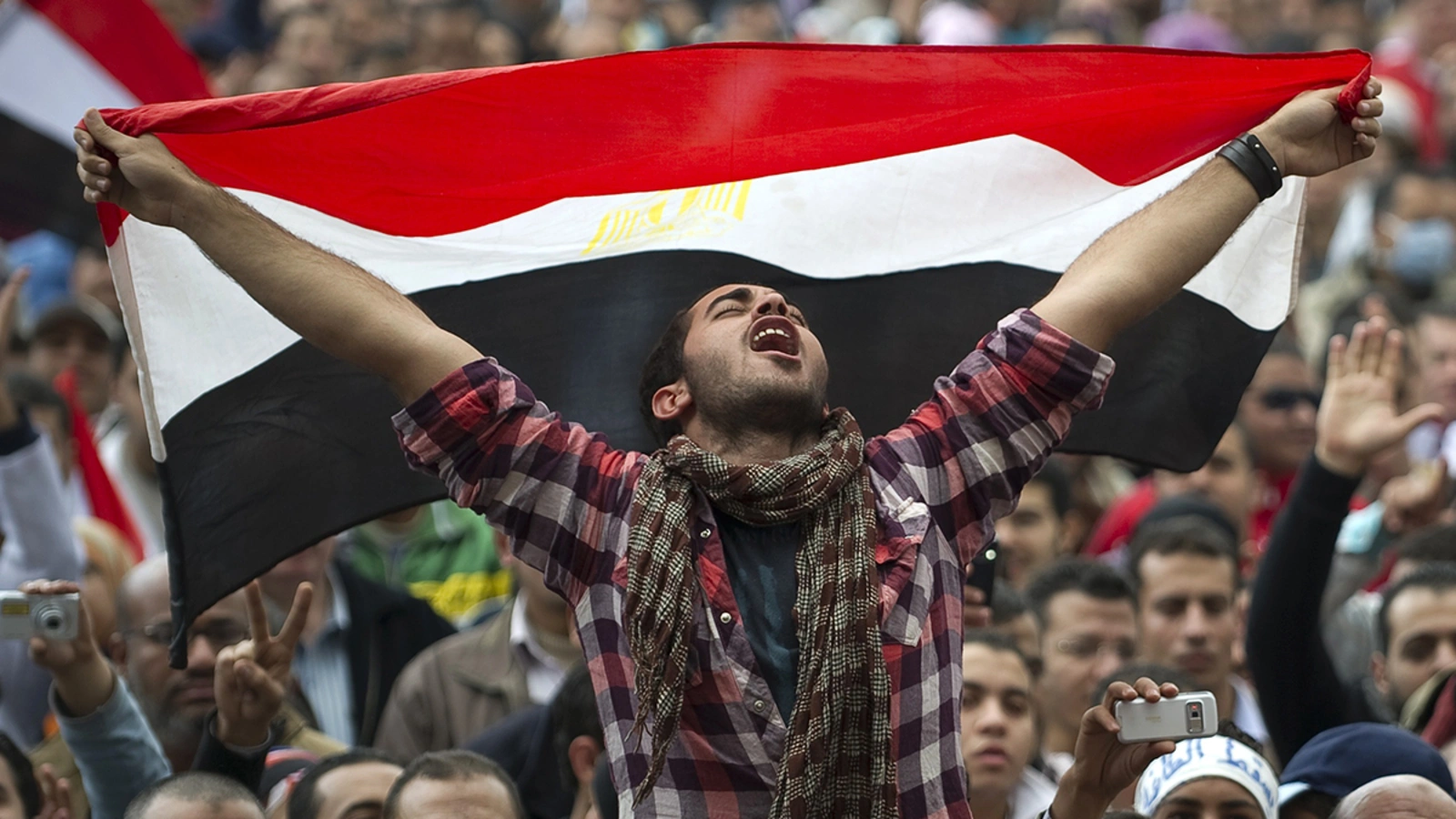
The Arab Spring at Ten Years: What's the Legacy of the Uprisings

Losing ground to rebel alliance, Myanmar junta faces biggest test

7 Key Figures of the French Revolution
